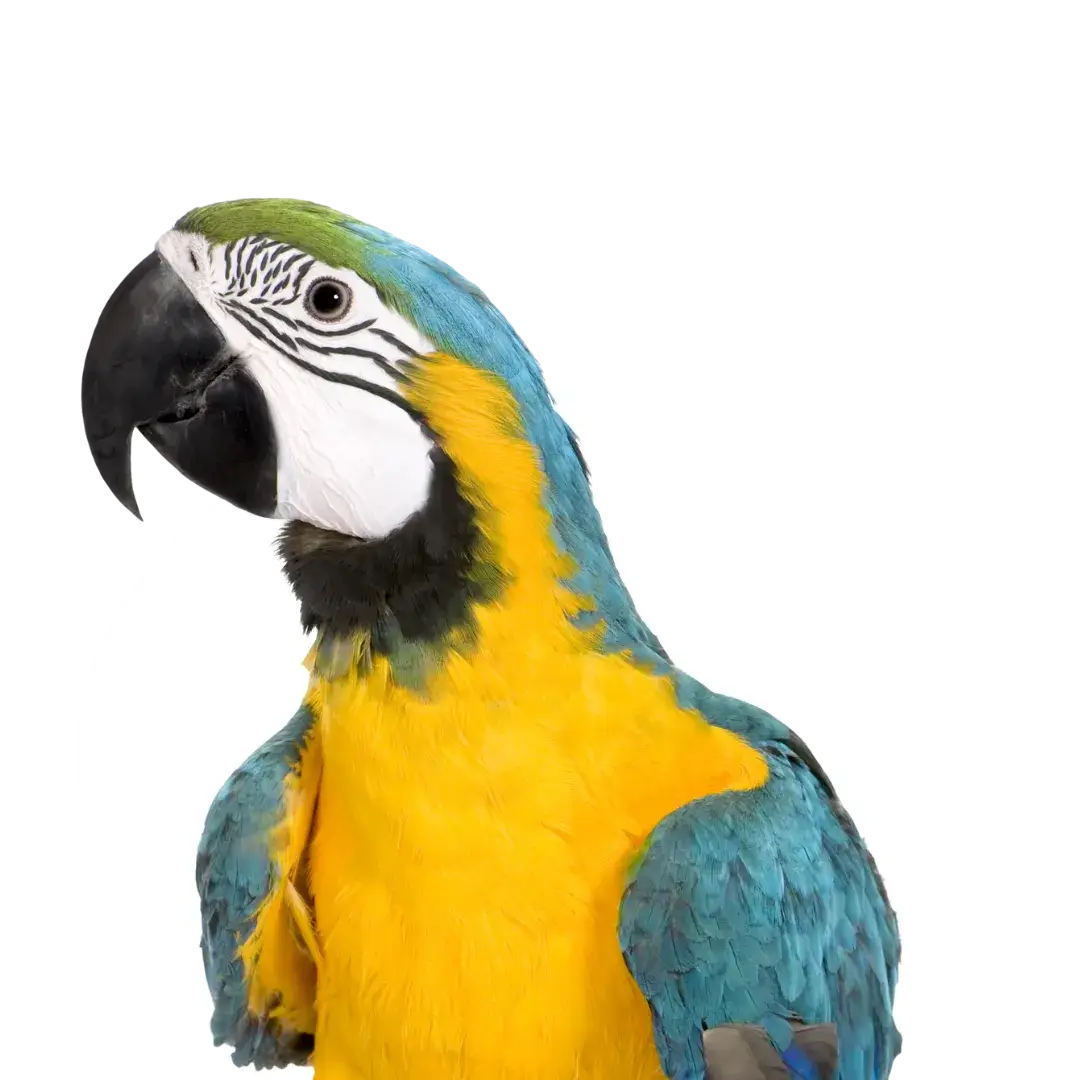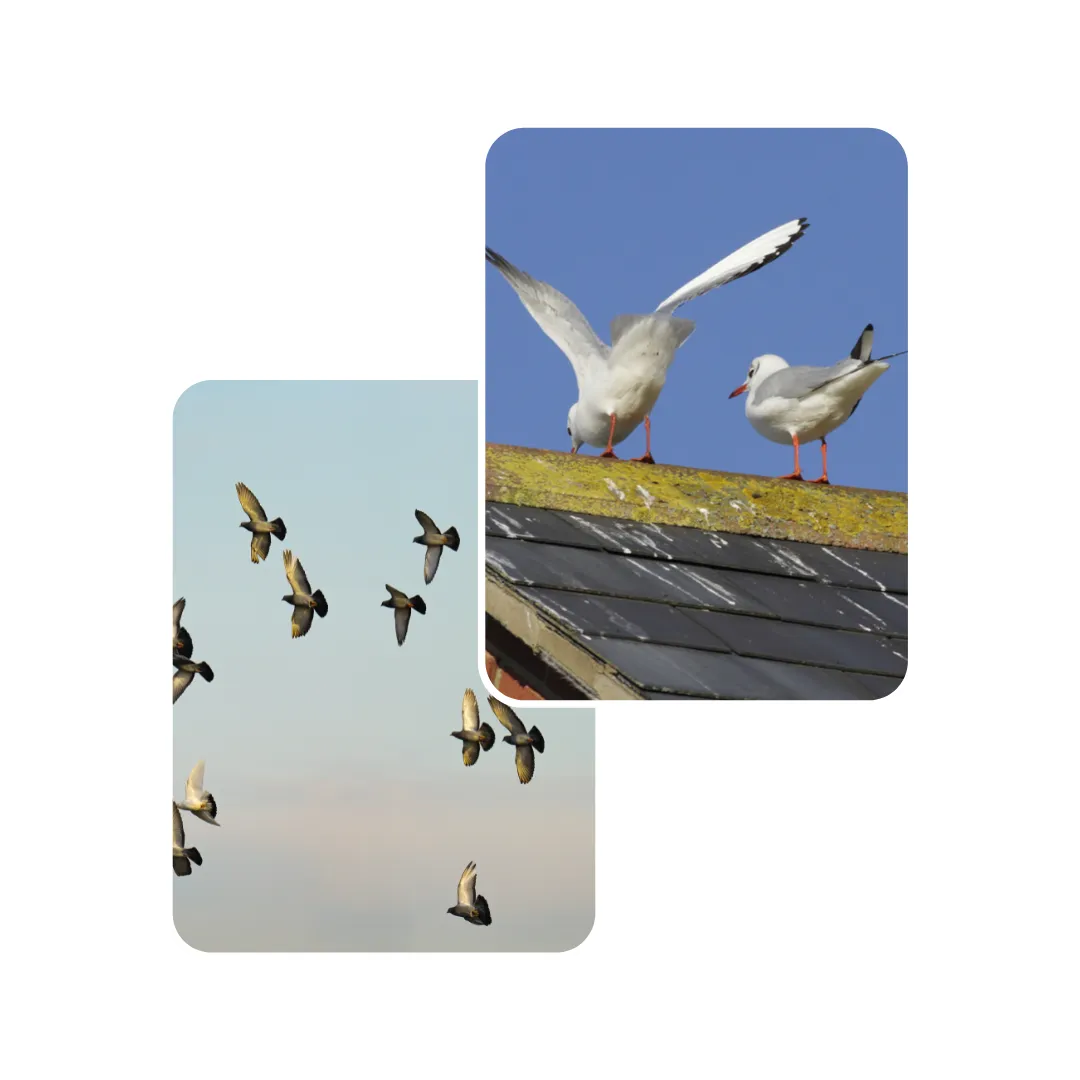

Diarrhea is when the solid, dark fecal part is liquid or absent. Watery droppings (polyuria) mean the clear urine component is increased. Both require a vet visit.
Yes, critically so. The combination of high avian metabolism and rapid fluid loss means severe dehydration can kill a bird in less than 24 hours.
No. Self-treating is dangerous and wastes precious time. Immediate, professional diagnosis is the only safe course of action.
Recovery time depends entirely on the cause. Simple dietary issues may resolve quickly, but viral or bacterial infections can require weeks of aggressive care.
Yes. Sudden changes in diet, spoiled food, or excessive consumption of very high-water-content foods can be the cause.
Yes. Similar symptoms may point to chronic diseases, nutritional deficiencies, or severe stress. Consult our other specialized treatment pages to learn more.
Your pet deserves expert care – Subscribe now for trusted tips and updates from our pet experts.
